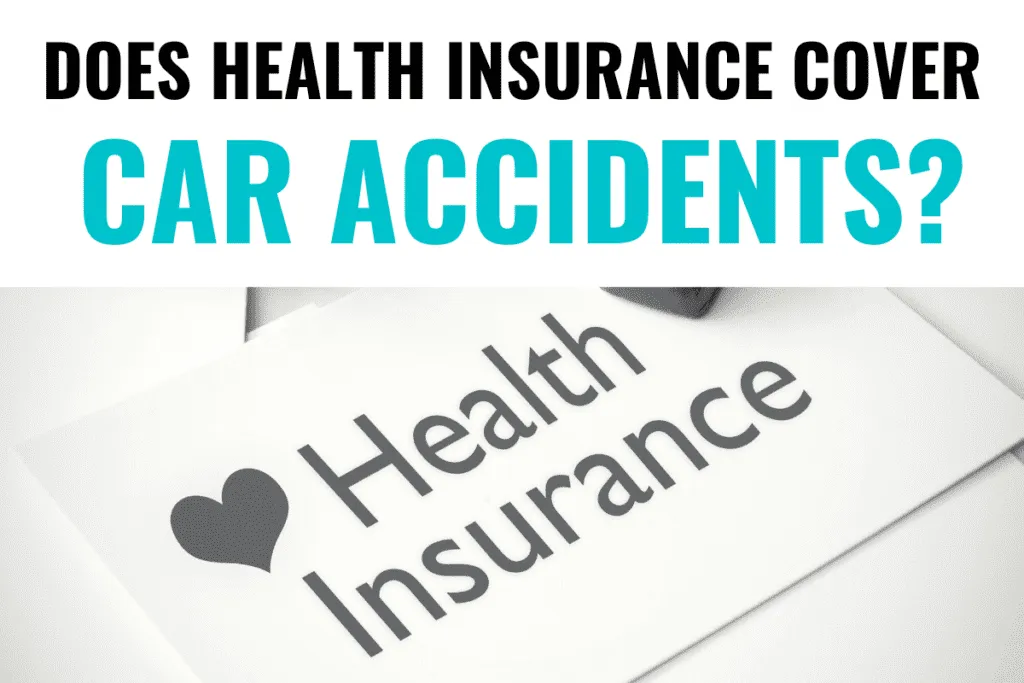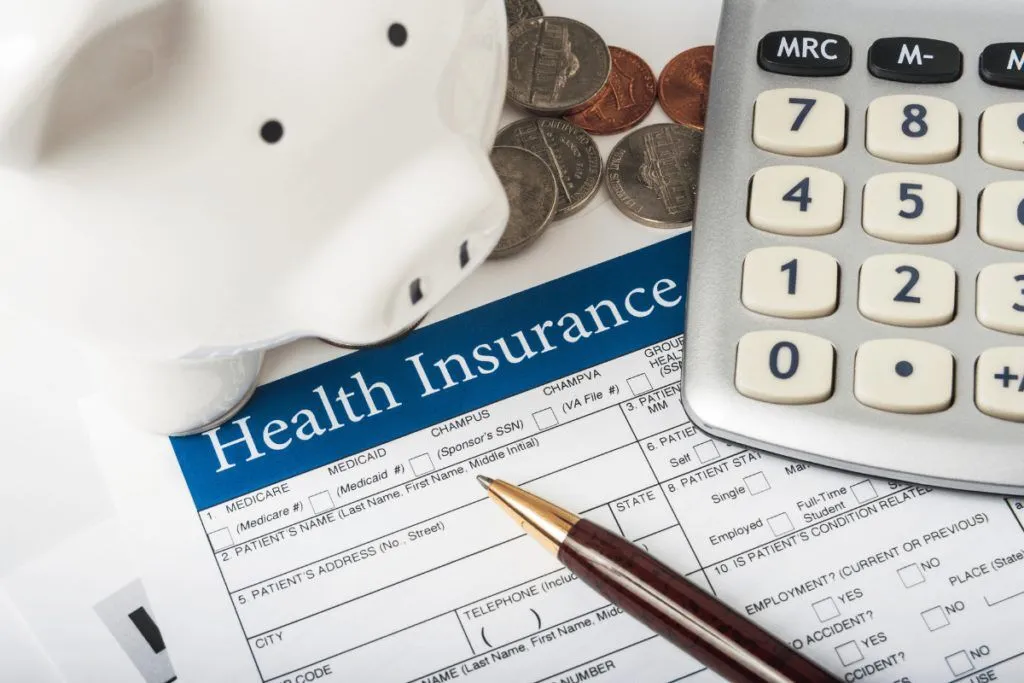No Fees Unless We Win
Health Insurance Cover Car Accidents Injuries

- Your auto policy
- The other driver’s insurance company
- Your health insurance policy

- Deductibles on relevant insurance policies
- Whether your medical provider accepts your health insurance
- Whether your health insurance covers the type of medical care you receive after an accident
Most health insurance policies cover your car accident injury bills. However, it’s not the first policy you’ll turn to after an accident. The law requires all drivers to carry liability insurance. But, that liability insurance isn’t always enough.Table of contents
Table of contents
- When in a Car Accident Who Pays the Medical Bills? Where Does the Health Insurance Company Fit In?
- Why Add PIP and MedPay to Your Car Insurance?
- Does Health Insurance Cover Car Accident Injuries? What Does Florida Law Say?
- Example: $6,000 Bill With an Emergency Medical Condition
- Example: $4,000 Bill Without an Emergency Medical Condition
- Example: $15,000 Bill with Medical Emergency Condition
- MedPay vs. PIP
- What Happens if Your Car Accident Injuries Exceed Coverage Limits?
- Uninsured or Underinsured Motorist
- What Happens When the Medical Bills Keep Coming?
When in a Car Accident Who Pays the Medical Bills? Where Does the Health Insurance Company Fit In?
Wondering who pays for medical bills in a car accident?
Aside from the at-fault party’s insurance, three types of insurance may cover the cost of medical care because of a car accident:
- Personal injury protection (PIP),
- Medical payments (MedPay),
- Your health insurance
If you have auto insurance coverage with PIP and MedPay, that pays out first. Your health insurance pays after those policies.
For example , let’s say you were a car accident victim. The car accident wasn’t your fault. The injuries were life-threatening. They took you to the hospital via ambulance at the accident scene for immediate medical treatment. You’ll receive a bill from the ambulance company, the ER doctors who treat you, and the hospital itself.
Your PIP coverage will be the first insurance to pay these bills. Then, if you have MedPay, that will cover additional expenses. If you require follow-up treatment and both your PIP and MedPay are exhausted, your health insurance will begin providing coverage. However, it is important to note that your health insurance will have a lien on any settlement or judgment you get from your injury case for the amount it paid to help cover your medical expenses.
Why Add PIP and MedPay to Your Car Insurance?
First, it is required by law in Florida to carry at least $10,000.00 in PIP coverage as part of your auto policy. Next, these types of insurance rarely come with a deductible. The deductible is the amount paid out of pocket before your insurance carrier pays. Your health coverage will likely have an out-of-pocket deductible and copays.
If you file treatment costs with your health insurance company, you’ll have to pay your deductible and copays. Those costs can add up quickly especially if you’re out of work while you recover.
Car accident victims can put their health insurer and auto insurance companies in contact. This helps ensure there is not an overpayment to a medical provider and you do not have to repay an unnecessary health insurance lien.
That’s where injury attorneys are beneficial. Your attorney acts as a liaison between insurance providers on your behalf. You can focus on healing.
Does Health Insurance Cover Car Accident Injuries? What Does Florida Law Say?
Each state has different laws. Florida law requires PIP. It will only cover 80% of “reasonable” health care costs. That’s another way to say “medically necessary.” For every $1,000 in medical bills after a Florida car accident, you’ll be responsible for $200. Your health insurance provider may cover the rest of the balance.
Personal injury protection (PIP) insurance reimburses medical expenses and lost wages after a car accident. You don’t have to prove the other driver was at fault, so reimbursement is quick after filing the claim. Policy limits range from $10,000 to $100,000+.
PIP will only pay your medical bills if you seek care within 14 days (two weeks) of an accident. You should give your PIP information to all your care providers. If you don’t, PIP may argue that it doesn’t have to pay.
Example: $6,000 Bill With an Emergency Medical Condition
You’re hit by a careless driver. You’re insured with Progressive and your emergency room bill is $6,000.00.
Progressive will pay the hospital $4,800. You’re responsible for the remaining $1,200.
How did we get this number? Simple: 80% of $6,000 is $4,800.
You can file a liability claim against the negligent party for the remaining $1,200. That’s besides any claim you have for bodily injury, pain and suffering, lost wages, etc.
Example: $4,000 Bill Without an Emergency Medical Condition
If there’s no emergency medical condition, PIP pays out a flat $2,500. Here, you’d owe the hospital $1,500. You can still sue the negligent party for the difference.
Example: $15,000 Bill with Medical Emergency Condition
If there’s no emergency medical condition, PIP pays out a flat $2,500. Here, you’d owe the hospital $1,500. You can still sue the negligent party for the difference.
MedPay vs. PIP
MedPay is like PIP but doesn’t cover lost wages or living expenses. It can only cover medical and funeral costs. You can find it as an add-on to PIP coverage. Also, like health insurance, MedPay will have a lien on any settlement or judgment you get from an at-fault party.

What Happens if Your Car Accident Injuries Exceed Coverage Limits?
Let’s say you have PIP and MedPay coverage with limits of $10,000 each. Any medical bills over that $20,000 limit go to your health insurance coverage. If you were not at fault, you can sue the negligent driver for additional recovery.
Uninsured or Underinsured Motorist
To protect yourself if you’re involved in an accident with an uninsured driver, add uninsured motorist coverage to your policy. Uninsured Motorist coverage will cover all damages that you can recover from an at-fault party.
Once you’re using health insurance to pay your medical bills, you still have to pay:
- Your deductible
- Copays
- Any charges your insurance policy doesn’t cover.
What Happens When the Medical Bills Exceed Keep Coming?
In the event of a car accident that causes serious bodily harm, your automobile insurance claim may close before you stop getting bills.
With severe injuries, you’ll have ongoing care requirements that could last for months after the accident. You may be dealing with the effects of the injury for the rest of your life.
That’s why it’s vital to contact a personal injury attorney as soon as possible after you’re in a car accident.
As long as you were not the at-fault driver, it doesn’t matter if health insurance cover car accidents injuries or not, you can sue the other party. An experienced car accident attorney knows how to handle auto insurance companies. Their goal is to pay out as little as possible.
Keeping all of your medical bills, records of mileage to and from doctor’s appointments, etc. is crucial after an accident. It may be possible to recover all of your out-of-pocket expenses as part of your personal injury claim.
At D2Law, we offer a free consultation with an experienced personal injury attorney. You’ll never pay anything in your personal injury case if we don’t recover a settlement for you.
NO RECOVERY, NO FEE PROMISE
Schedule A Free Consultation
Latest Posts
CONTACT US
REQUEST A FREE CONSULTATION
D2 Law
Nicole Denmon &
Christian Denmon
Our award-winning trial attorneys have earned a reputation for zealous advocacy on behalf of our clients – both in settlement negotiations and jury trials.
Schedule consultation
with Nicole Denmon and
Christian Denmon
To get the maximum value we start with excellent lawyers! We would not trust our family to just anyone.

